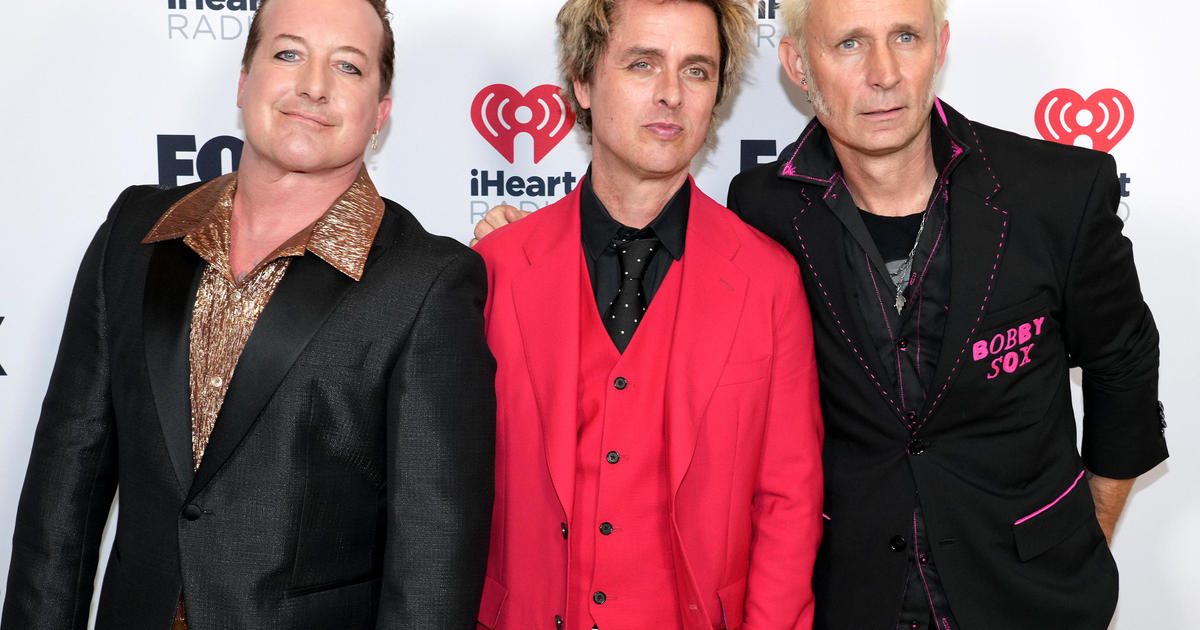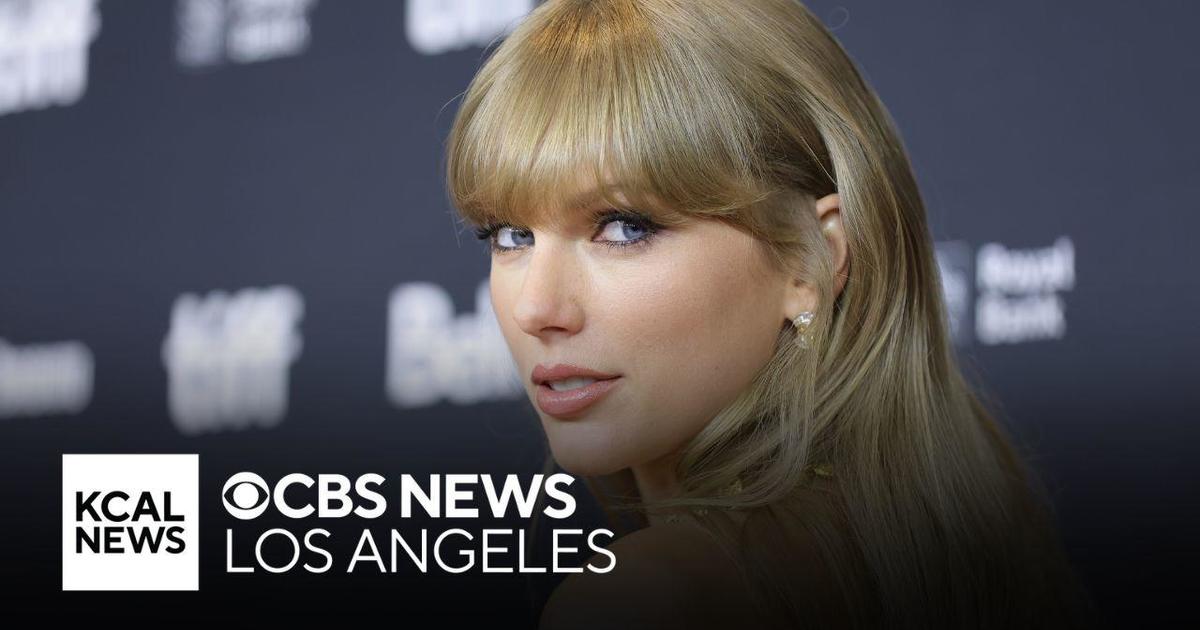Comcast To Buy Time Warner Cable For $45 Billion
LOS ANGELES (CBS/AP) — Comcast Corp. has agreed to buy Time Warner Cable Inc. for $45.2 billion in stock, or $158.82 per share, the company confirmed Thursday.
The deal will combine the nation's top two cable TV companies and make Comcast, which also owns NBCUniversal, a dominant force in both creating and delivering entertainment to U.S. homes.
The deal was approved by the boards of both companies and, pending regulatory approval, is expected to close by the end of the year.
The price is about 17 percent above Time Warner Cable shares' Wednesday closing price of $135.31 and trumps a proposal by Charter Communications Inc. to buy Time Warner for about $132.50 per share, or $38 billion in cash and stock.
Time Warner Cable shareholders will receive 2.875 Comcast shares for every Time Warner Cable share they own. Once the deal is final, they will end up owning about 23 percent of the combined company.
Charter had pursued Time Warner Cable for months, but Time Warner Cable CEO Rob Marcus had consistently rejected what he called a lowball offer, saying he'd cut a deal for $160 per share in cash and stock.
For a time, Comcast stayed in the background, waiting to purchase any chunk of subscribers that a combined Charter-Time Warner Cable would sell off. Charter had planned to finance its bid with $25 billion in new debt. As part of a plan to pay off the debt quickly, the company considered selling off some of its territories after a deal had closed. Time Warner Cable's Marcus had also balked at the huge debt burden the Charter takeover represented.
Instead, Comcast now plans to divest 3 million pay TV subscribers after the deal closes. With 22 million of its own pay TV customers and Time Warner Cable's 11.2 million, the combined entity will end up with about 30 million subscribers when the deal is complete, a level believed not to trigger the concern of antitrust authorities. A formal cap was dissolved years ago by regulators, but divesting subscribers could help the deal get approved more quickly.
Comcast is taking the position that because Comcast and Time Warner Cable don't serve overlapping markets, their combination won't reduce competition for consumers, especially in the face of rivals AT&T and Verizon, which compete with the cable operators to provide both pay TV services and Internet hookups. Both AT&T and Verizon are growing quickly. They ended 2013 with 5.5 million and 5.3 million pay TV subscribers, respectively.
Comcast and Time Warner Cable are expected to save $1.5 billion in annual costs over three years, with half of that realized in the first year.
Comcast also plans to add an additional $10 billion in share buybacks at the close of the deal, on top of a recent plan to boost its share buyback authority to $7.5 billion from $1 billion.
Conceding that it had lost the takeover battle, Charter issued a statement Wednesday saying, "Charter has always maintained that our greatest opportunity to create value for shareholders is by executing our current business plan, and that we will continue to be disciplined in this and any other (merger and acquisition) activity we pursue."
KCAL9's Juan Fernandez reports that Comcast wanted to wait a year or two before making a bid for Time Warner, but Charter made a hostile takeover bid for Time Warner, forcing Comcast's hand.
The Comcast deal is being described as a friendly all-stock transaction.
Would the deal mean savings for consumers? Many experts say affirmative.
Alex Sherman of Bloomberg News appeared on FaceTime with Fernandez.
"The idea here is that if cable companies get bigger they have more leverage not to accept increases in price, and that could push customer bills down lower. The other thing is, Comcast has excellent technology, probably better than Time Warner, so doing this deal could give customers a better user interface, a better experience to watch television. That would be a plus," said Sherman.
Financial and business expert Frank Mottek of KNX 1070 said it's not a done deal.
"For one thing," Mottek says, "Charter could come back with a better offer. It's unlikely, but it's possible."
Even before the deal had been formally announced, it was being denounced. Public Knowledge, a Washington-based consumer rights group, said in a statement Wednesday that regulators must stop the deal, because it would give Comcast "unprecedented gatekeeper power in several important markets."
"An enlarged Comcast would be the bully in the schoolyard," it said.
(TM and © Copyright 2014 CBS Local Media, a division of CBS Radio Inc. and its relevant subsidiaries. CBS RADIO and EYE Logo TM and Copyright 2014 CBS Broadcasting Inc. Used under license. All Rights Reserved. This material may not be published, broadcast, rewritten, or redistributed. The Associated Press contributed to this report.)



